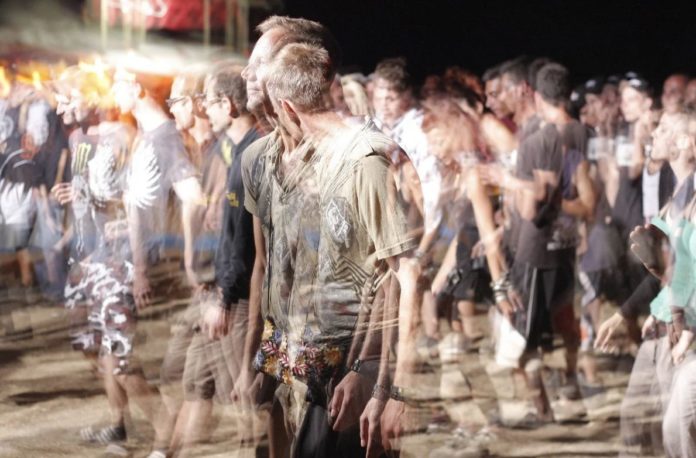A study by the experts from Indiana Universally has revealed how the have nots have been affected far worse than the haves by the COVID-19 pandemic.
The rift between rich and poor has not only persisted over the years but has seemingly increased. It has been an age-old crisis. The global pandemic, however, has reiterated this consistently bitter trend of mankind.
- Does This Mean We Stopped Being Animal and Started Being Human Due to ‘Copy Paste’ Errors?
- The One Lifestyle Choice That Could Reduce Your Heart Disease Risk By More Than 22%
- Aging: This Is What Happens Inside Your Body Right After Exercise
- Immune-Boosting Drink that Mimics Fasting to Reduce Fat – Scientists ‘Were Surprised’ By New Findings
- Gun Violence in America: What They Don’t Talk About at the Debate
A recent study by Indiana University has found that women, younger people, the ones with poor levels of formal education, and people of color have been affected the worst by the coronavirus pandemic.
The Black adults were found to be three times likely as whites in reporting issues such as food security and unemployment. Also, residents who did not have a college degree or had not completed their high school education were found more likely to report food insecurity. Young adults and women were found to be at greater risk of financial deprivation. Similar patterns were noticed in considering the employment and financial distress among people indicative of the widened gap between the ‘haves and have nots’ owing to the pandemic.
Bernice Pescosolido, an eminent professor of sociology at Indiana University, has observed that the pandemic made an “extraordinary impact” on those who were already disadvantaged and at risk.
Bernice Pescosolido also mentioned the need for reforming the policies on a long term basis to tackle the ‘unequal impact of disasters‘.
“This work demonstrates the need for strategically deployed relief efforts and longer-term policy reforms to challenge the perennial and unequal impact of disasters”
said Berenice.
The researchers utilized a P2P (Person to Person) Health Interview Study aiming to differentiate and compare the experiences of financial distress among ‘historically advantaged and disadvantaged’ groups, given the COVID-19 pandemic and the consequent knockdown.
The study gauged the economic vulnerability based on these four indicators: Housing insecurity, food insecurity, financial insecurity, and unemployment.
- Does This Mean We Stopped Being Animal and Started Being Human Due to ‘Copy Paste’ Errors?
- The One Lifestyle Choice That Could Reduce Your Heart Disease Risk By More Than 22%
- Aging: This Is What Happens Inside Your Body Right After Exercise
- Immune-Boosting Drink that Mimics Fasting to Reduce Fat – Scientists ‘Were Surprised’ By New Findings
- Gun Violence in America: What They Don’t Talk About at the Debate
Brea Perry, who is a professor of sociology at IU and the co-author of this study suggests that fulfilling the basic needs of Americans by providing unemployment benefits, paid leave, universal preschool, and housing, will help the disadvantaged deal better with the crisis.
She also highlighted the need for pondering over the ways in which we intervene in disasters, and that we must “strengthen our social safety net for everyone.”
